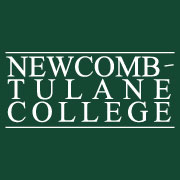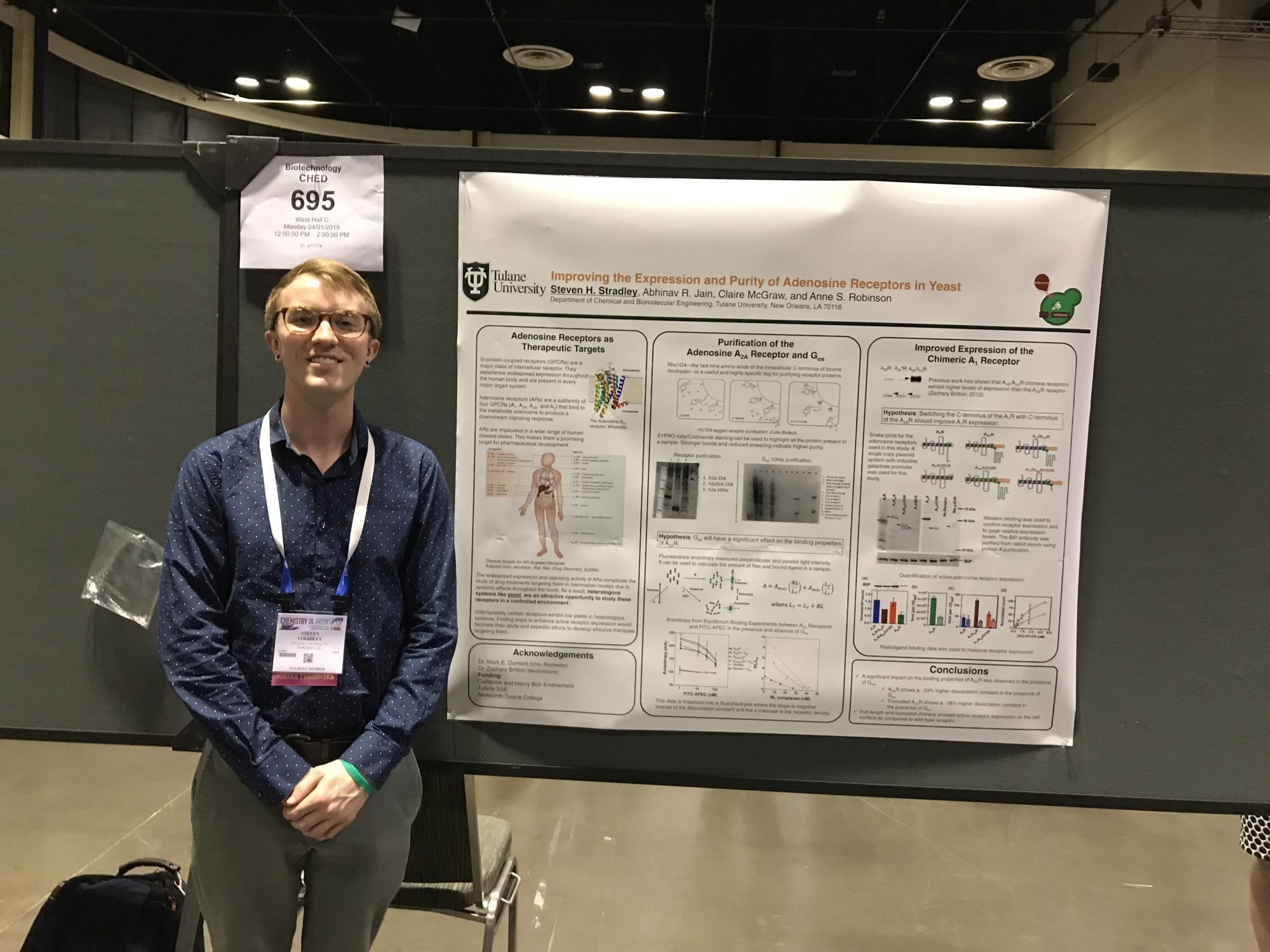This spring, I traveled to sunny Orlando, Florida, to attend the National Meeting of the American Chemical Society. There, I attended talks about emergent research and techniques, networked with some of the leaders in the field, and presented a poster highlighting the research I have been conducting for the past year. This was my first academic conference, so I hit the ground running at one of the largest in the field. Nevertheless, the conference was a productive learning opportunity that will inform my future experiences attending academic conferences in grad school.
The bulk of the undergraduate-oriented programming took place on the first two days. Upon arriving and checking in, I first attended a session aptly named “Making the Most of Your First National Meeting.” There, we received a brief overview of the meeting’s features and programming as well as some tips and tricks to help us navigate the conference.
Despite gaining this background on the meeting, I still did not fully grasp the scale of the conference until I wandered through. The bulk of the exhibits and programming took up three wings of Orlando’s Orange County Convention Center. The biotechnology division, which featured most of the research related to mine, was hosted in an adjacent hotel. Each hall contained a maze of tables from industrial and academic sponsors as well as several floors of ballrooms and smaller spaces for research talks and poster presentations.
My second day was more packed with talks, networking, and presentations. I attended several research talks in the biotechnology division with engaging topics ranging from engineering the production of psilocybin in yeast to new methods for microbe-mediated polymer production, to an exploration of clostridium as a new platform for bioengineering.
Following the first round of talks, I met some of the researchers in the field and was interested to learn about all the academic connections linking the attendees. From my lab alone, I met a slew of former grad students, undergrads, post docs, and colleagues from my PI’s prior institutions. Each of these was accompanied by a handful of their current colleagues, demonstrating how quickly one can build up a professional network with a little investigation and intention.
After the networking sessions, it was finally time for my poster session. I made my way into the exhibition hall with more than 1300 other undergrads also presenting. After setting up, I stood near my poster for the two-hour presentation period, eager to share my research and discuss it with interested attendees as well as receive constructive criticism of my presentation and research methods. Overall, it was a good first poster presentation and will be helpful as I complete more in the years ahead.
Following the poster session, I attended a few more talks, culminating in the talk for the Biotechnology Division’s Young Investigator Award to Michelle O’Malley—one of my advisor’s former students at the University of Delaware. She investigates the engineering of microbial communities to efficiently convert biomass into fuel. Her research and communication skills were outstanding. She provides great example, and I hope to one day do as well during presentations in grad school and beyond.
Overall, attending the National Meeting of the American Chemical Society was a fantastic experience. I gained great connections with leading researchers in the field as well as good experience in communicating science. None of this would have been possible without my Newcomb-Tulane College grant, which funded my registration, travel, lodging, and other associated costs. I am grateful to the grant committee for funding my project and am confident that this experience will benefit me in the long term.
Written by Steven Stradley, Dean’s Grant recipient, 2018-2019

